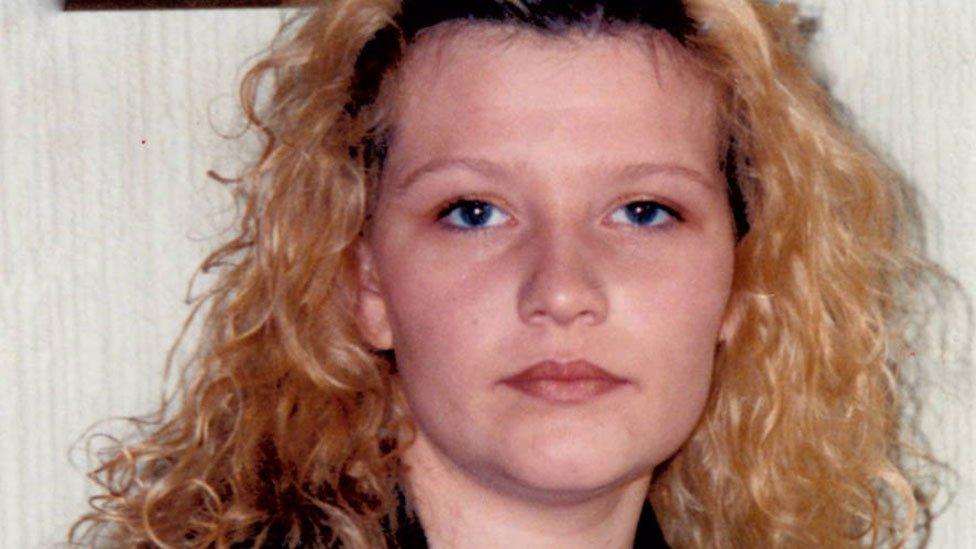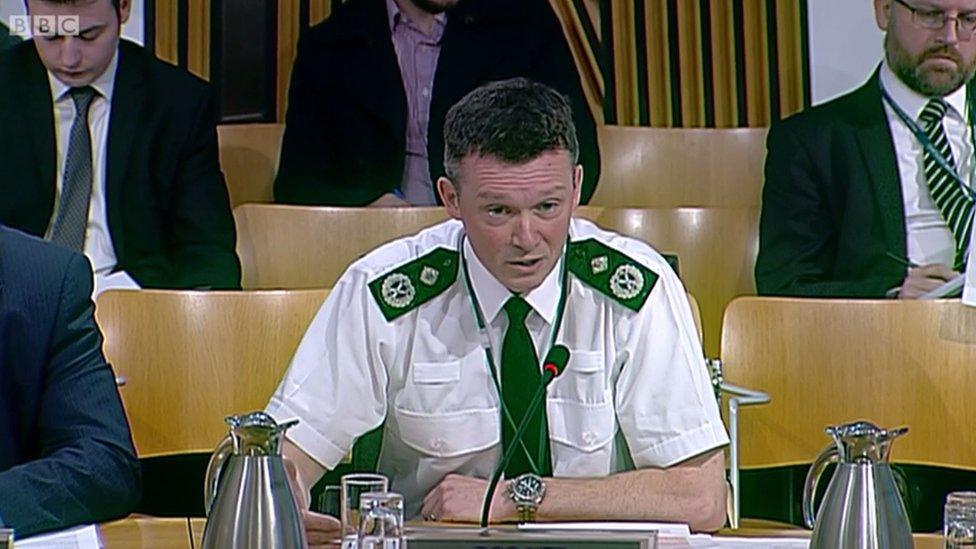Independent probe over Police Scotland data rule breaches
- Published

Police Scotland has been the subject of a series of investigations over the rule breaches
An independent inquiry is to be carried out after Police Scotland breached spying guidelines during an investigation.
Officers were found to have obtained communications data without judicial permission while trying to determine details of a journalist's sources.
Chief Constable Phil Gormley has asked Mike Barton, his opposite number in Durham Constabulary, to investigate.
MSPs have been holding their own inquiry, as have police watchdogs.
Police Scotland said it would review its approach to counter corruption after Derek Penman, HM Inspector of Constabulary in Scotland, called for an urgent overhaul in light of the case.
'Reckless failures'
The Interception of Communications Commissioner ruled in November 2015 that officers had broken new spying regulations by obtaining communications data without permission on five occasions.
Officers had been attempting to find out how information about the investigation into the murder of Emma Caldwell in 2005 had appeared in the media. Sir Stanley Burton said the "failures" by police "could properly be seen as reckless".
An Investigatory Powers Tribunal (IPT) involving the four people whose data was breached - reported to be serving and retired police officers - took place in Edinburgh earlier in July. No ruling has yet been issued.
However, Police Scotland confirmed that it had asked the Durham force to carry out an independent probe into "matters arising from a breach of communications data protocols".

Emma Caldwell was discovered dead in woods near Biggar, South Lanarkshire, in May 2005
Deputy Chief Constable Iain Livingstone said: "The Chief Constable has asked Mike Barton, Chief Constable of Durham Constabulary, to conduct an independent investigation into a number of non-criminal complaints, which relate to matters connected to the breach of communications data protocols and guidance.
"We await the findings of the IPT and will comply with any directions given.
"Police Scotland has fully accepted that standards fell below those required in this case. It would be inappropriate to comment further at this stage."
'Misjudgement' blamed
MSPs have also convened their own inquiry into the matter.
Then-Deputy Chief Constable Neil Richardson told Holyrood's justice committee that the rules had been broken due to a "misjudgement" by an experienced officer.
He said "the pace the new guidance came into being was very aggressive", which may have been a factor in the "error" subsequently made.
Mr Penman's review, external said information-handling processes at the unit were "significantly different from national standards for source and information evaluation, and fell below the standards I would have expected".
One officer, Det Insp Joanne Grant, told MSPs that she had not been aware when authorising communication interceptions on 1 May, 2015, that a new code of practice had come into effect on 27 March.
Three other officers were named as part of the inquiry - Ch Supt Clark Cuzen, Det Supt David Donaldson and Det Supt Brenda Smith. All four declined to appear in person before MSPs, although Ms Grant submitted a statement via her solicitors.
Mr Donaldson said he was reluctant to speak publicly because his evidence could be "key" to the IPT case, a reason echoed by Mr Cuzen.
- Published27 June 2016

- Published29 January 2016

- Published15 December 2015

- Published25 November 2015
